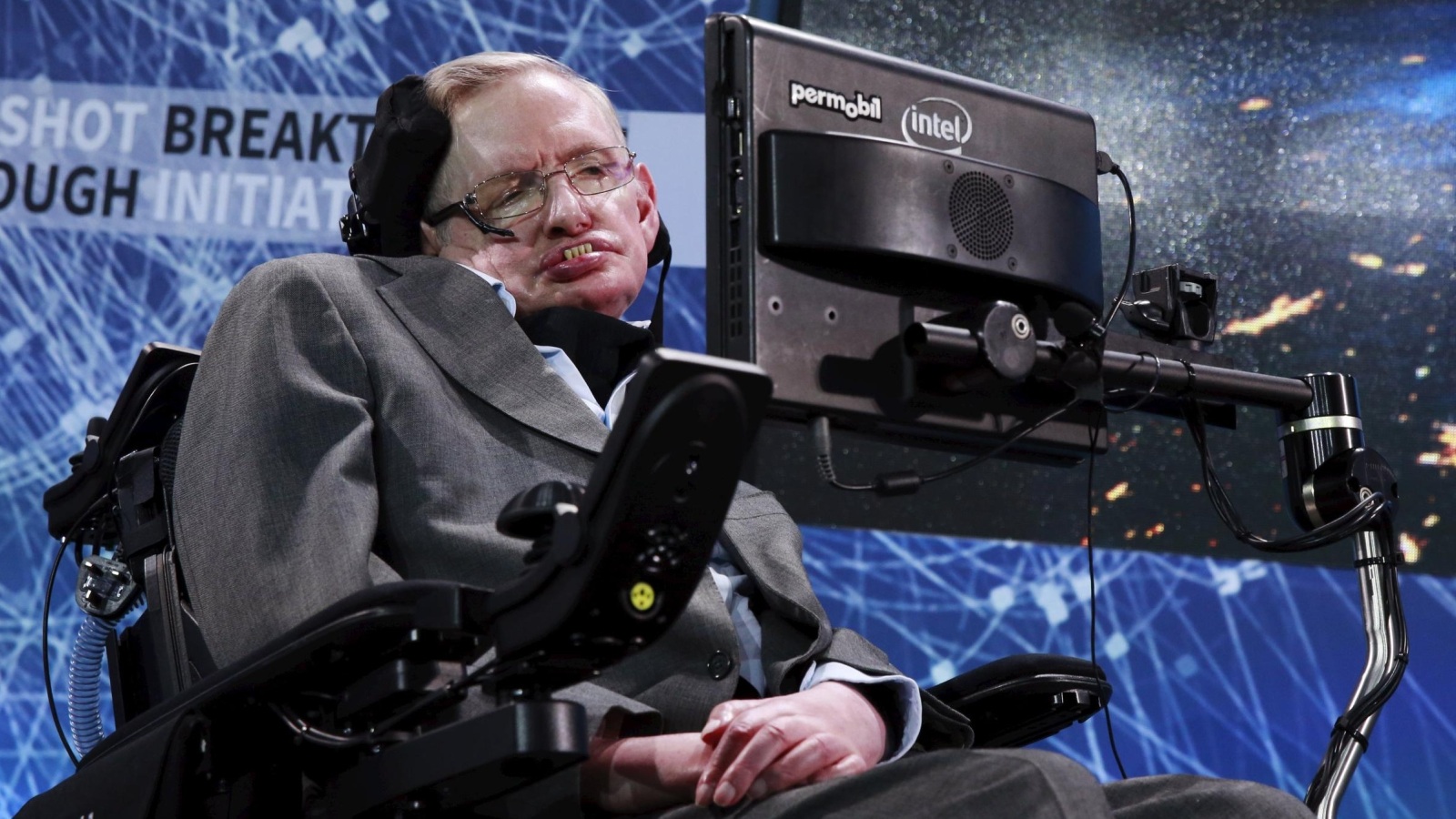The term "artificial intelligence" has become so widely used these days, that some have become afraid that it may mean the control of machines and the erosion of the role of humans, although the reality is still very far from approaching this perception, so what is artificial intelligence?
What are its most prominent manifestations?
Where did it develop?
Artificial intelligence is defined as the intelligence shown by machines and programs in a way that simulates human mental abilities and patterns of work, such as the ability to learn, infer and react to situations that were not programmed in the machine. It is also the name of an academic field concerned with how to make computers and programs capable of intelligent behavior.
Senior researchers define artificial intelligence as “the study and design of intelligent systems that absorb their environment and take measures that increase their chances of success,” while John McCarthy - who coined this term in 1955 – defines it as “the science and engineering of making intelligent machines.”
In recent years, the development of artificial intelligence technology has made great leaps, and "deep learning" technology is its most prominent manifestation. It is based on the development of artificial neural networks that mimic the way they work in the way of the human brain, that is, they are able to experiment, learn and develop themselves without human intervention.
"Deep learning" technology has proven its ability to recognize images, understand speech, translate from one language to another, and other capabilities that tempted American companies in Silicon Valley, specifically Facebook and Google, to invest and intensify research in them, ignoring warnings that the development of artificial intelligence may threaten Humanity.
Physicist Hawking is one of the most famous warnings of the dangers of artificial intelligence and the ability of machines to re-design themselves (Reuters)
Fears
In late 2014, the late physicist Stephen Hawking suggested that the development of full artificial intelligence could pave the way for the annihilation of the human race, warning of the ability of machines to re-design themselves.
As co-founder and former president of Microsoft Bill Gates declared in 2015 that he wanted bots to remain somewhat dumb, he said, "I'm in the camp of those concerned about superintelligence."
In the same year, the American inventor and investor Elon Musk described artificial intelligence as one of the greatest dangers to human existence, and likened the development of intelligent machines to "invoking the devil."
Musk (founder of the SpaceX commercial space rocket project and Tesla electric cars) and others are investing millions of dollars in research to discover the potential risks of artificial intelligence and how to deal with them.
Despite the human form that some humanoid robots look like, they are still "stupid" according to artificial intelligence standards (Reuters)
slow evolution
On the other hand, some experts believe that artificial intelligence techniques will not pose any risks to the human race, and among them is the Canadian professor of computer science at the University of Montreal, Joshua Bingyo, who believes that smart technologies should not be worried, as they need many years of slow and gradual development before they can be developed. It reaches the extent that analysts fear, because it is based in its development on sciences and ideas that are currently in their early beginnings.
Pingyu stresses that access to artificial intelligence in its expected form will not be surprising, that is, not as some compare it to discovering a miraculous magic recipe, as he put it. Scientists have a smart technology that will change the world overnight, as in science fiction movies.
AlphaGo computer, which is based on deep learning technology, was able to defeat the world in the complex game of "Go" (Reuters)
future leaps
On the other hand, artificial intelligence techniques are evolving very quickly, and become more complex every year, and Geoffrey Hinton, a researcher specializing in artificial intelligence at Google and the University of Toronto, believes that machines will match humans with intelligence within five years from now.
Hinton is behind the development of Google's smart program "AlphaGo", which defeated the world champion in the game "Go", but he does not see that we should be afraid of artificial intelligence, because any new technology may be frightening if it is misused, he said, and that the issue is about how we deal With technology in a way that does not make it harmful to humans.
Google and Facebook are pioneers in the field of artificial intelligence technologies;
This technology helps Google to develop its services significantly, for example - thanks to this technology - the Android phone can understand its user's commands, and simultaneous translation of phrases written in a foreign language on road signs, and the technology contributes to supporting the Google search engine, which is the company's most prominent product.
As for Facebook, deep learning allows the social network to recognize faces in photos, select appropriate content and present it to the user on the News Feed page, support Facebook's personal digital assistant (PDA), and other functions.
The CEO of Alphabet - the parent company of Google - Sundar Pichai believes that the era of smart phones is coming to an end to be replaced by artificial intelligence that provides instant access to the necessary information, and Facebook founder and CEO Mark Zuckerberg believes that devices with artificial intelligence will one day be able to enjoy the human senses. Like seeing and feeling more than humans themselves.

